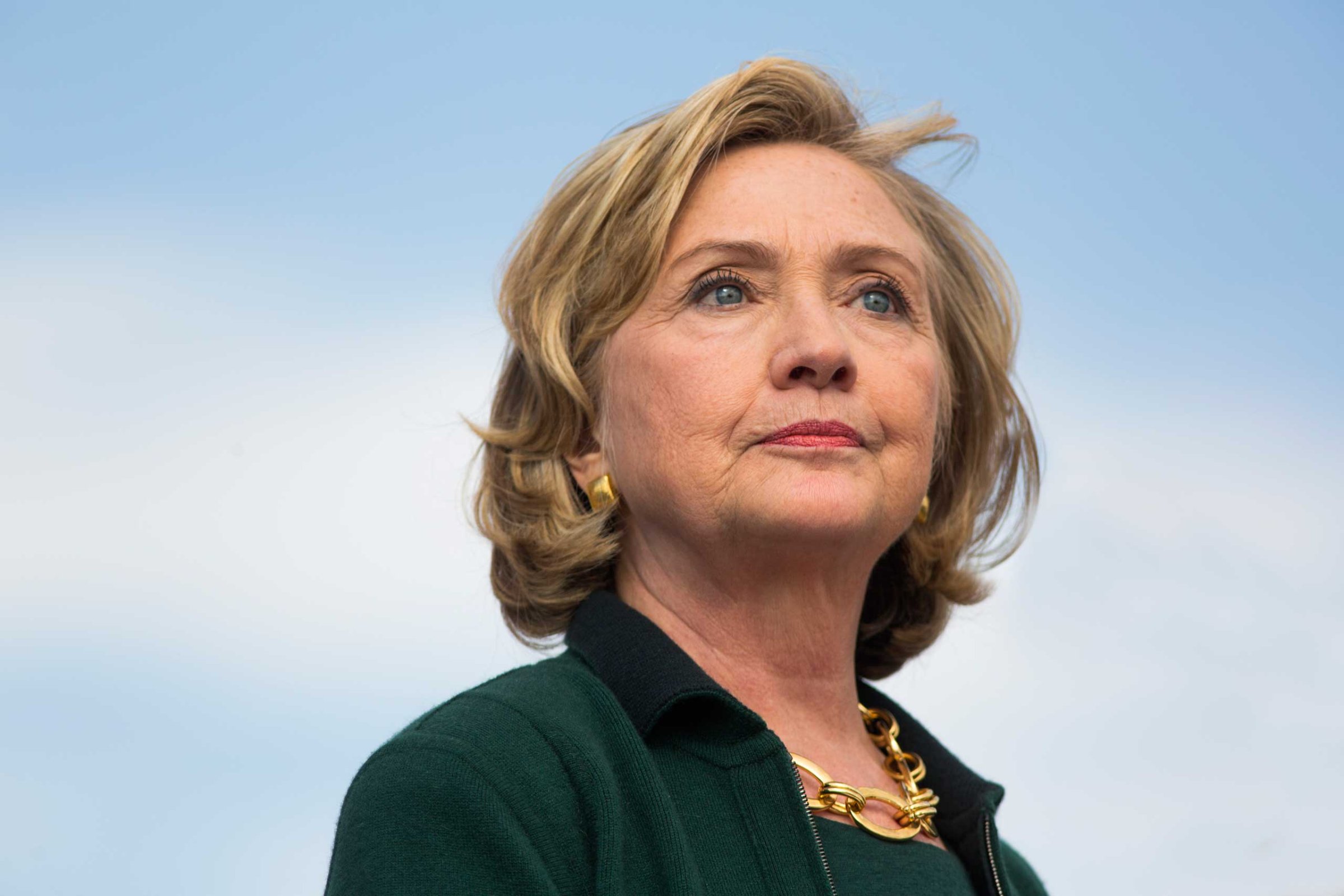
Like other presidential candidates, Hillary Clinton had an opinion on just about everything in 2008. How to reform the U.S. health care system? Check. What to do about climate change? Check. Even minor issues like how to lower the price of gas required her to come up with a plan.
But when she became Secretary of State, Clinton followed tradition and kept her opinions to herself, especially on domestic policy. And since leaving Foggy Bottom in 2013, she’s mostly avoided specifics.
She says she’s in favor of protecting the environment, for example, but has yet to stake out her position on fracking or the Keystone XL pipeline. She says she’s against eliminating net neutrality, but has yet to say what, exactly, the government ought to do to protect it. And while she’s talked a big game about U.S. military engagement abroad, it’s unclear how her positions on, say, Ukraine or Iraq would differ from those of President Obama.
That ambiguity is understandable. She doesn’t hold public office. She’s not officially on the ballot. And committing to a position publicly limits her future options, politically. But given how many times she hasn’t taken a position on the issue of the day, it’s worth noting the handful of times she has.
Here’s a look at the nine most substantive policy positions Clinton has staked out since stepping down as Secretary of State.
1) The U.S. needs serious immigration reform. When President Obama announced his controversial executive order in November shielding up to five million undocumented immigrants, Clinton tweeted her approval within minutes, and then followed up with a statement calling for immediate, bipartisan and comprehensive immigration that would “focus finite resources on deporting felons rather than families.”
2) The U.S. should have armed the rebels in Syria. In an interview with the Atlantic’s Jeffrey Goldberg in August, Clinton blamed the rise of the so-called Islamic State, or ISIS, on the U.S. not doing enough to support moderate rebels when the Syrian civil war first broke out. “The failure to help build up a credible fighting force of the people who were the originators of the protests against Assad — there were Islamists, there were secularists, there was everything in the middle — the failure to do that left a big vacuum, which the jihadists have now filled,” she said. That said, Clinton’s ideas on how to rout ISIS now appear to be more or less the same as Obama’s.
3) Gay people should be allowed to marry. In March 2013, Clinton formally announced in her support for gay marriage, marking a major reversal of the position she’d held for decades. Her rivals criticized her for jumping on the bandwagon only after the issue of gay marriage had become widely acceptable, but she defended herself as a “thinking human” who is allowed to “evolve” on issues.
4) Americans shouldn’t torture people. At a human rights awards dinner in December, Clinton made her first public comments about torture since the Senate released its controversial report on the issue earlier this month. She said unequivocally that she is against illegal renditions and brutal interrogation methods. “The U.S. should never condone or practice torture anywhere in the world,” she said.
5) The federal government should raise the minimum wage. In a speech at a campaign event for Massachusetts gubernatorial candidate Martha Coakley in October, Clinton told the crowd not to “let anyone tell you that raising the minimum wage will kill jobs – they always say that.” She then went on to defend raising the federal minimum wage. As a senator, Clinton repeatedly proposed legislation that would automatically increase the federal minimum wage anytime members of Congress saw their own pay increase.
6) Negotiating with Iran is a good idea, so long as the U.S. gets a good deal. Much to the chagrin of many in the pro-Israel crowd, Clinton has not only expressed support for the administration’s negotiations with Tehran over its nuclear program, she has taken credit for initiating the secret talks back in 2012. In the past year, she has lightly tempered that unequivocal support by cautioning that the U.S. should be careful about what it concedes to, repeating that “no deal is better than a bad deal.”
7) The U.S. shouldn’t trust Putin. At a speaking event this year, Clinton called the Russian President an arrogant bully. As Secretary of State, she said she was in favor of the Obama administration’s “reset” policy with Russia, but her opinion of the policy appears to have cooled. “I think that what may have happened, is that both the United States and Europe were really hoping for the best from Putin as a returned president,” she told CNN’s Fareed Zakaria in an interview in July. “And I think we’ve been quickly, unfortunately, disabused of those hopes.” While those seem like fightin’ words, policy analysts point out that it’s less clear how Clinton’s distrust of Putin would translate to a change in actual U.S. policy—much less potential military engagement—in Ukraine.
8) All American kids should get free, high-quality pre-K. Anyone remotely familiar with Clinton’s resume won’t find this to be much of a shocker, but early-childhood education is one of the issues she’s been most outspoken about in the last two years. She’s advocated for everything from universal pre-K and free nurse home-visits for at-risk mothers, to expanding existing programs, like Head Start and paid family leave.
9) #Blacklivesmatter. Clinton took a shellacking this fall for failing to say much one way or an another on the protests in Ferguson, Missouri, and about the Eric Garner case in New York. At an awards ceremony in December, she broke her silence—kinda. “Yes, black lives matter,” she said, but then failed to elaborate. She has yet to say whether she’s in favor of broad sentencing reform, body cameras on police, or how she might limit what military equipment is available to police forces.
See the 2016 Candidates Looking Very Presidential
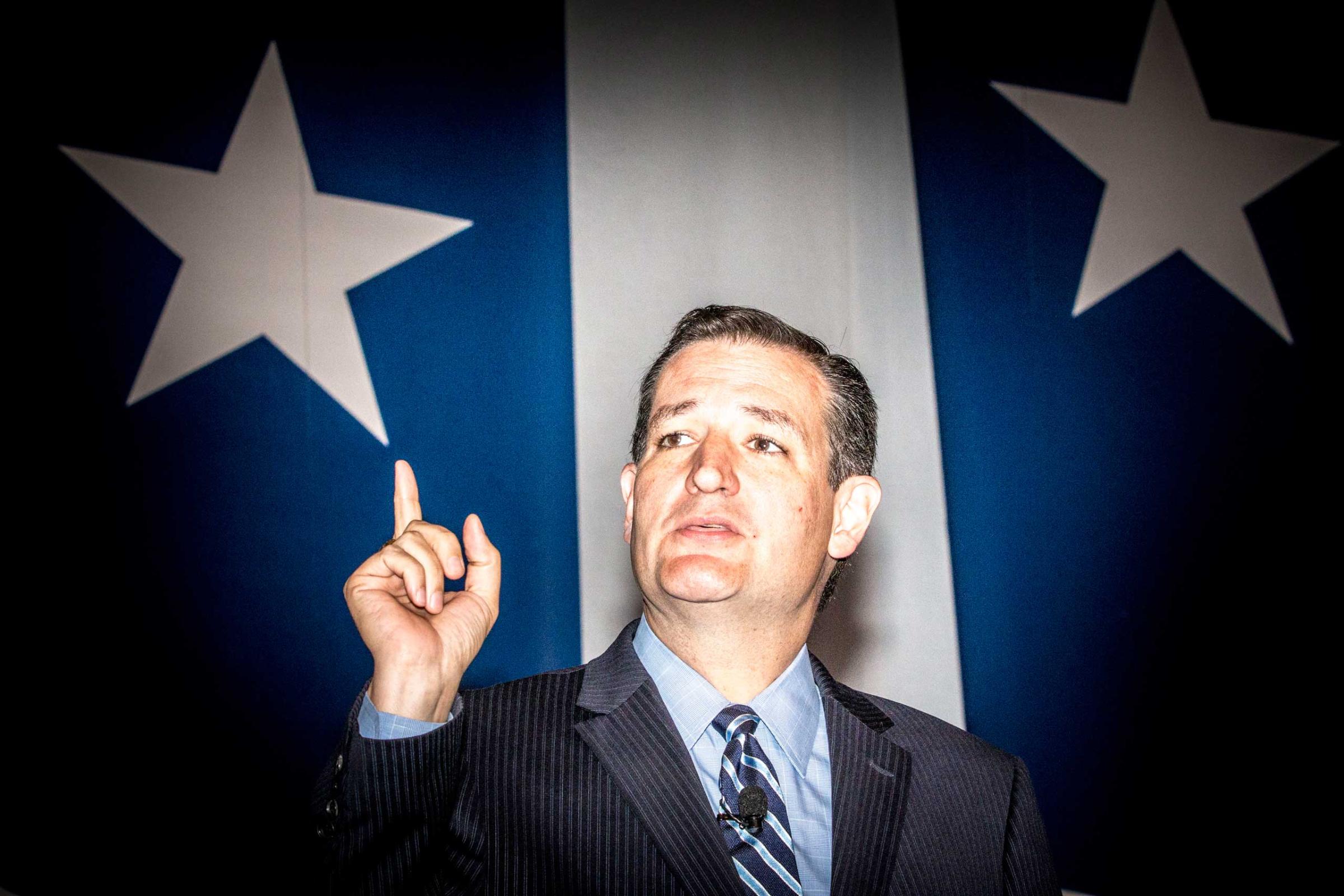
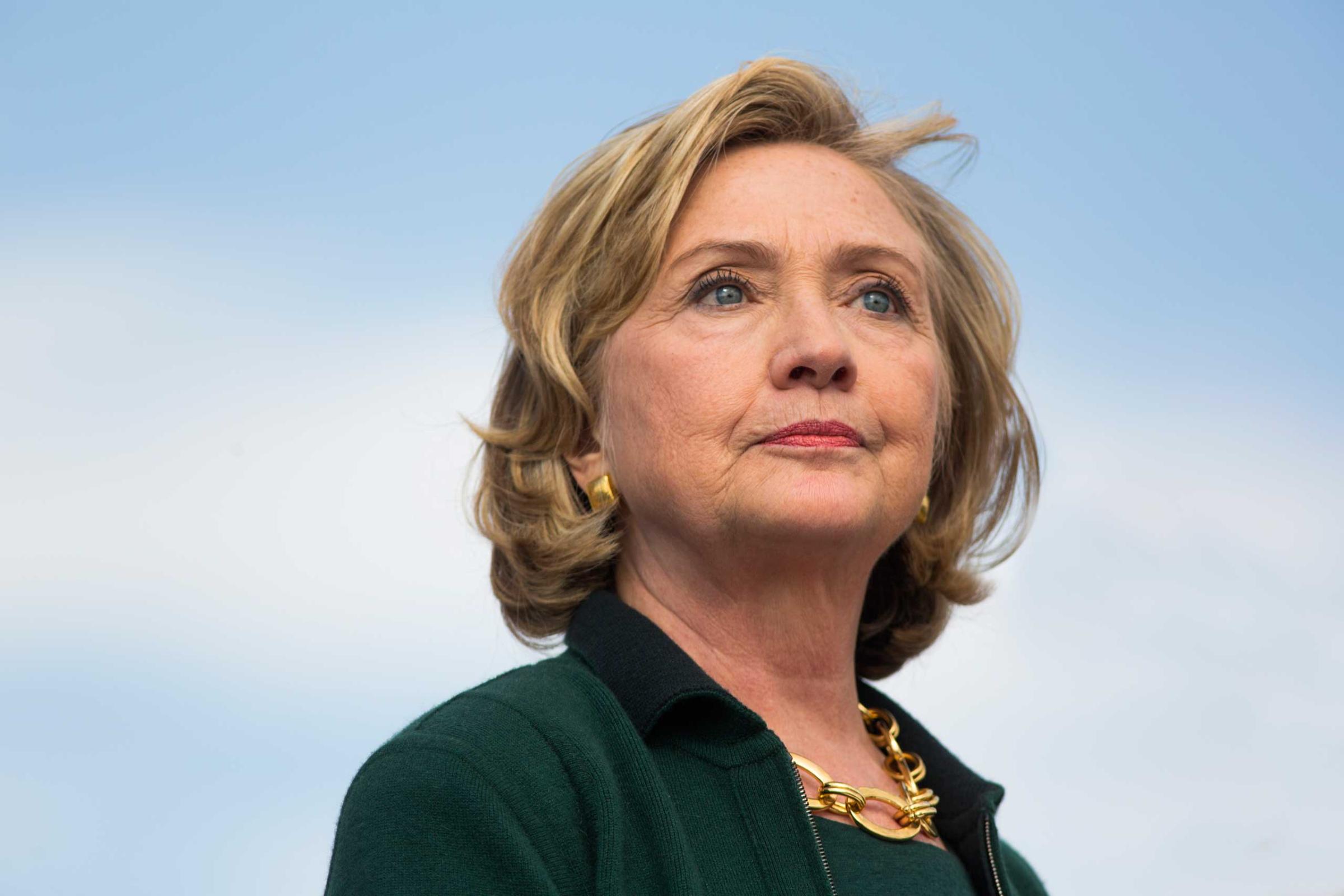
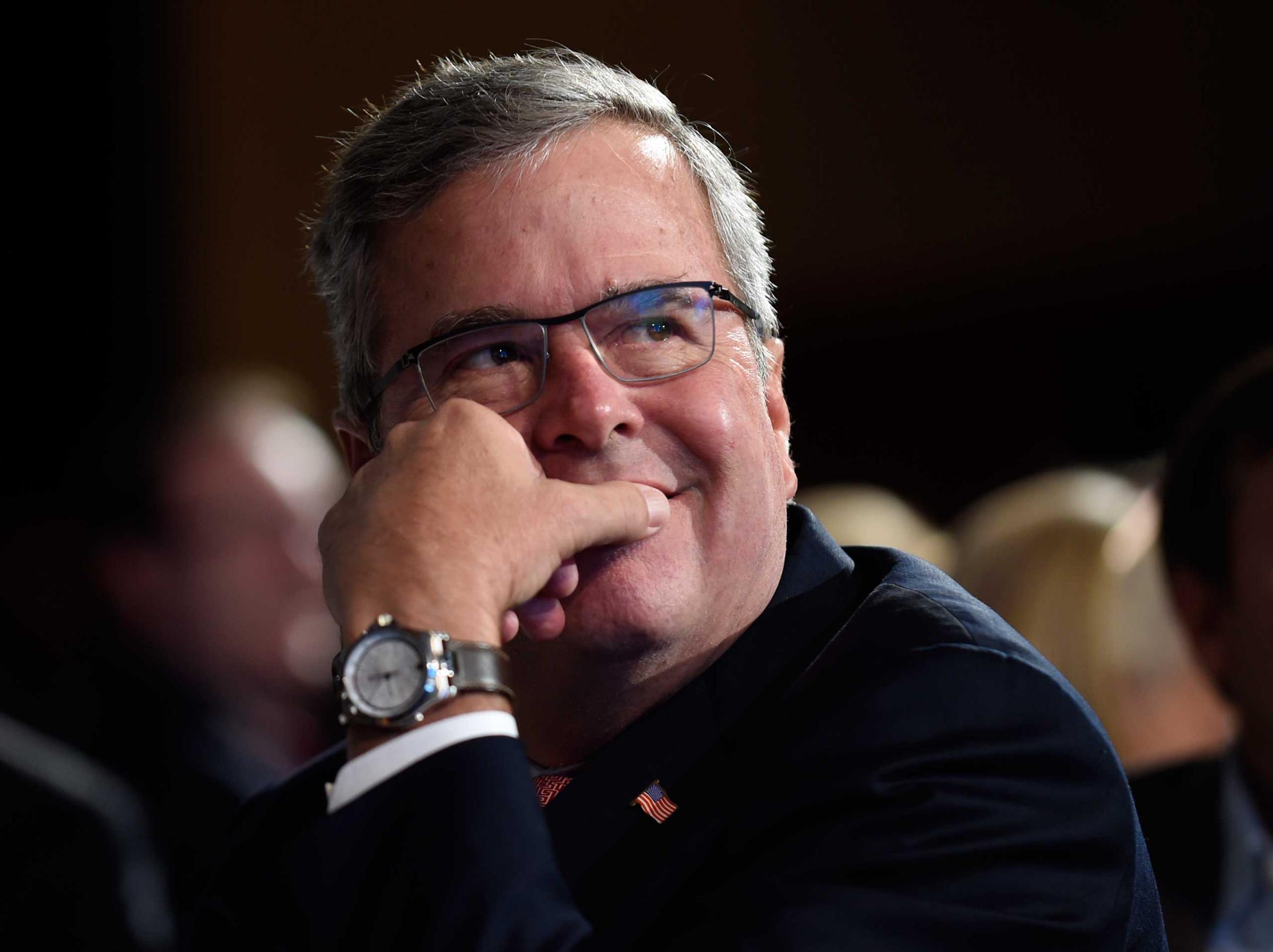
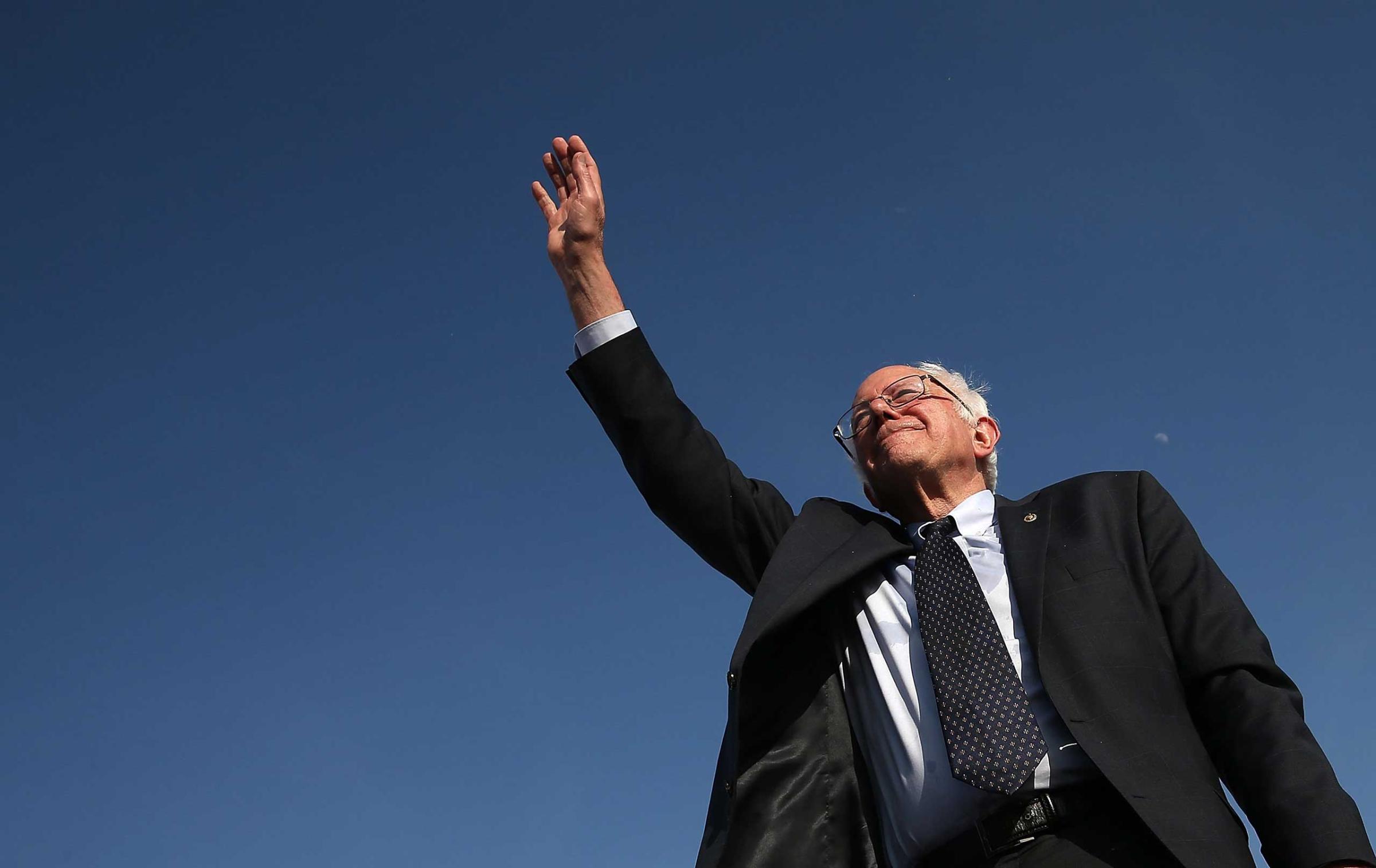
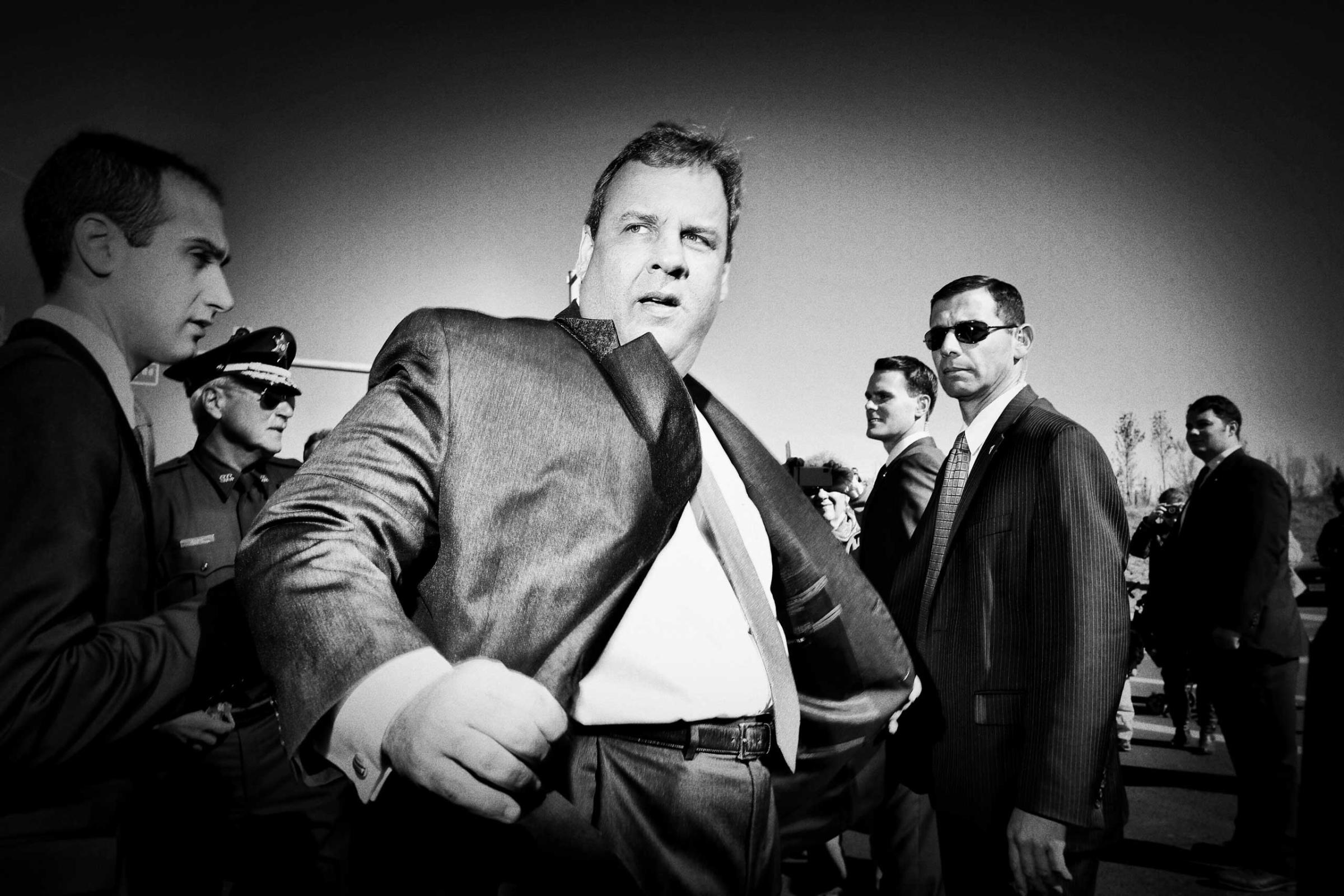
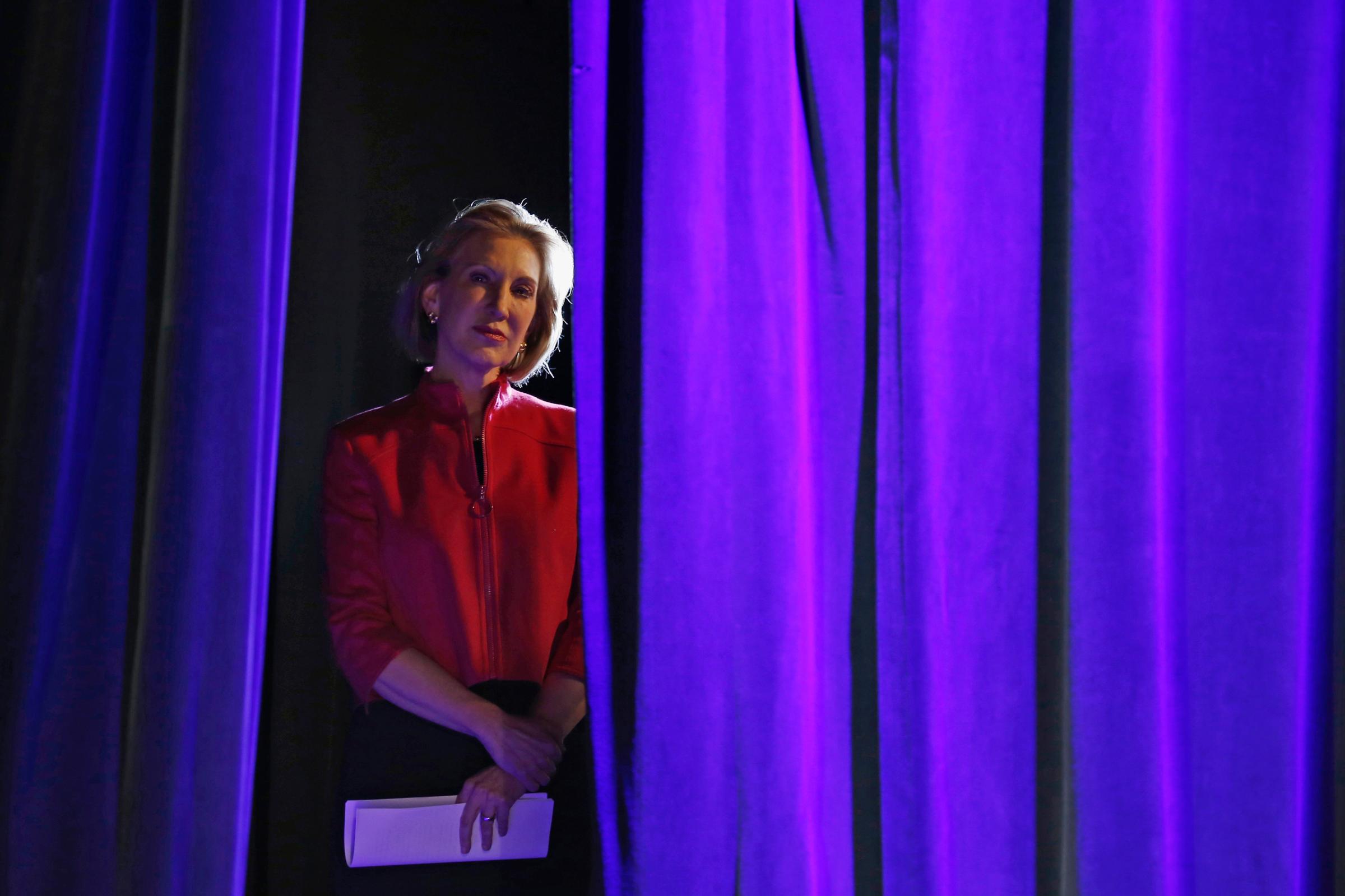
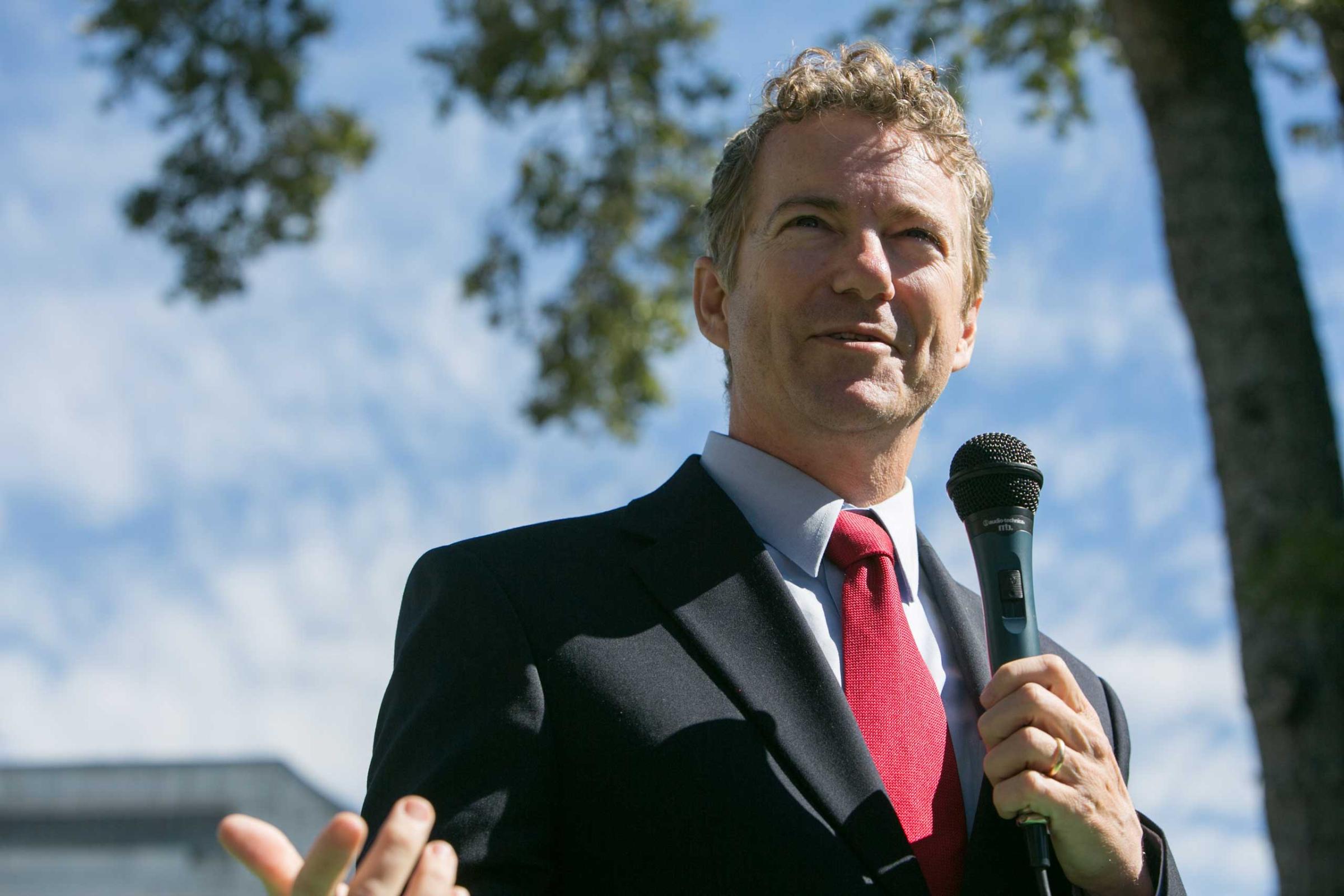
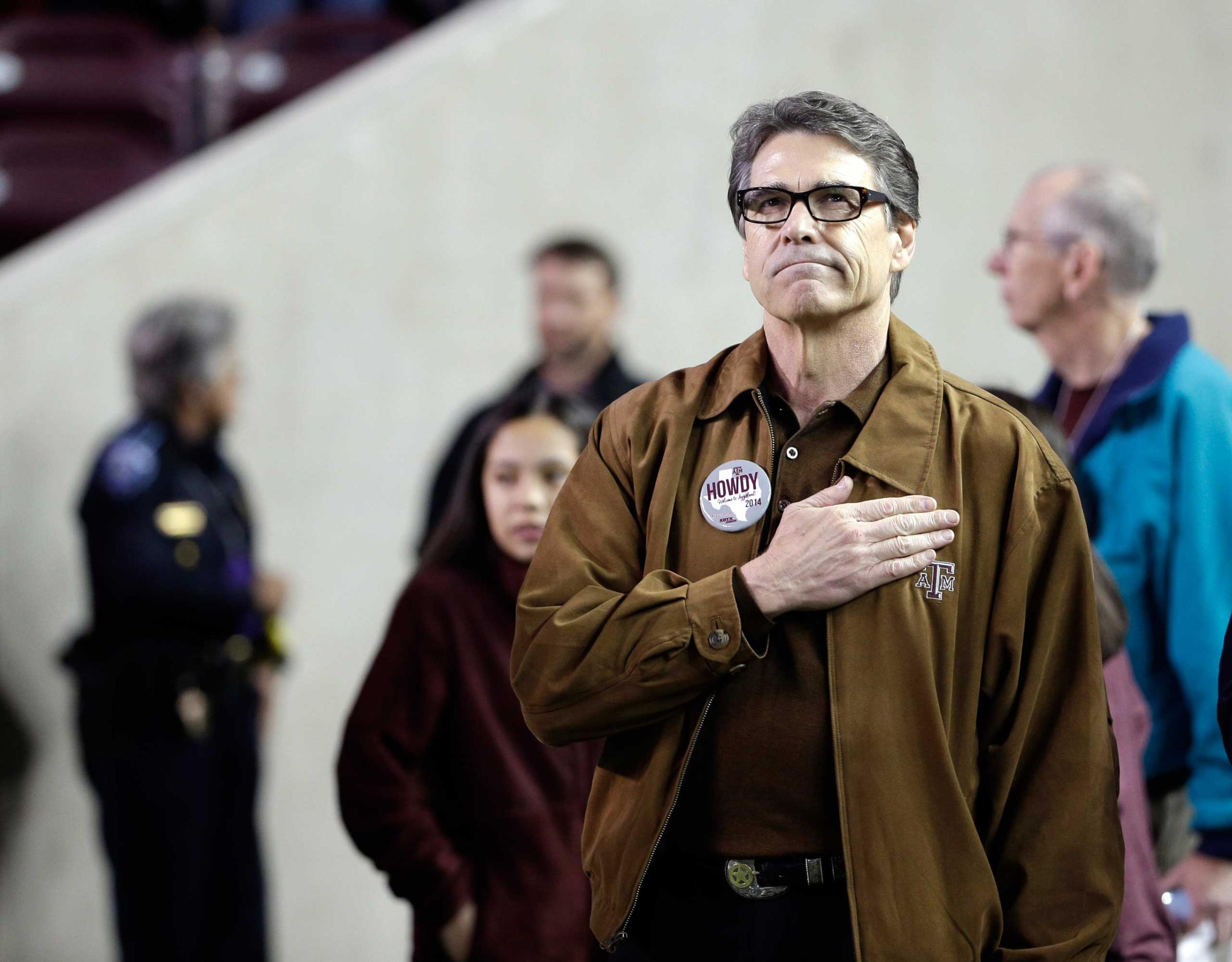
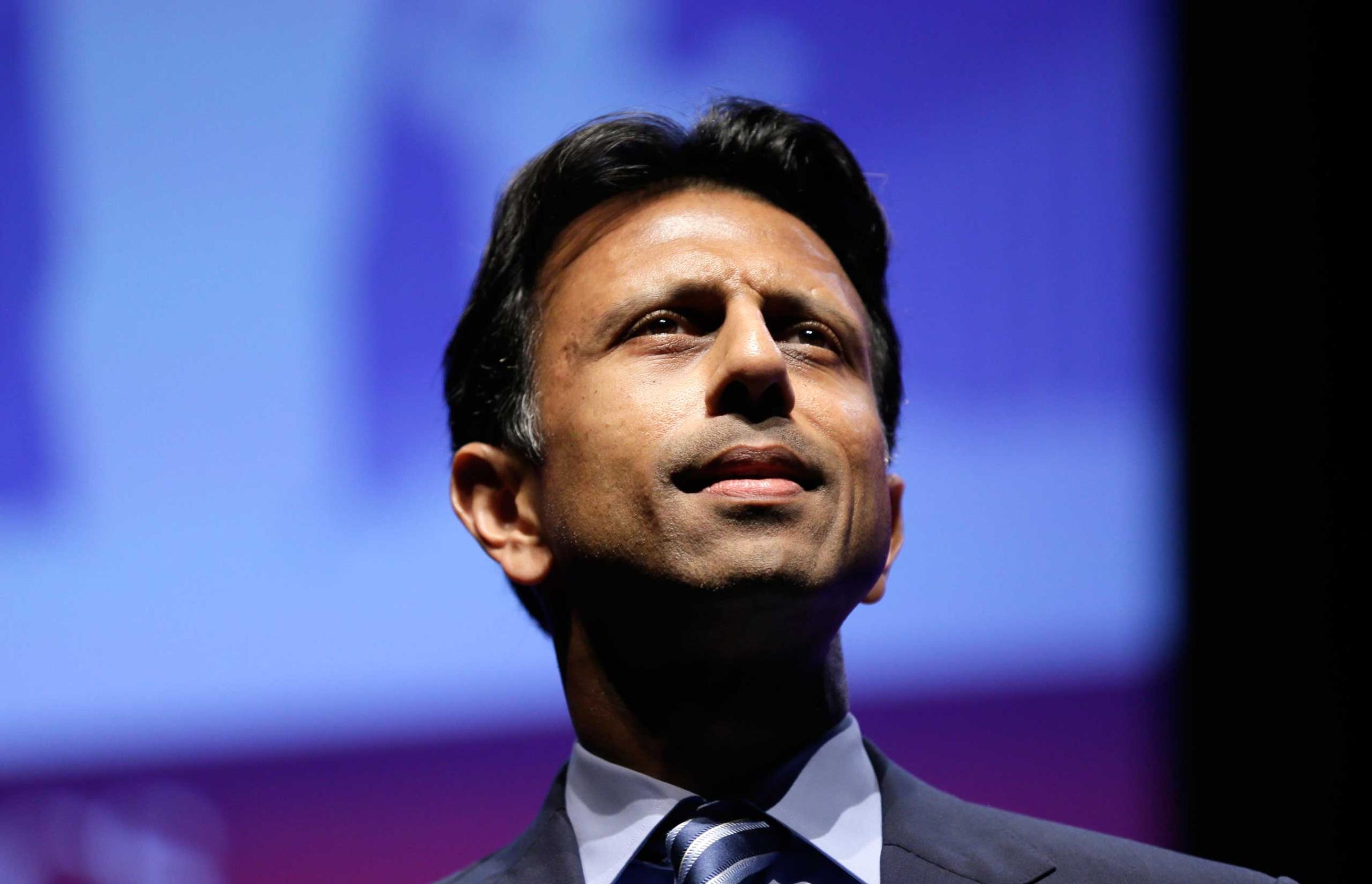
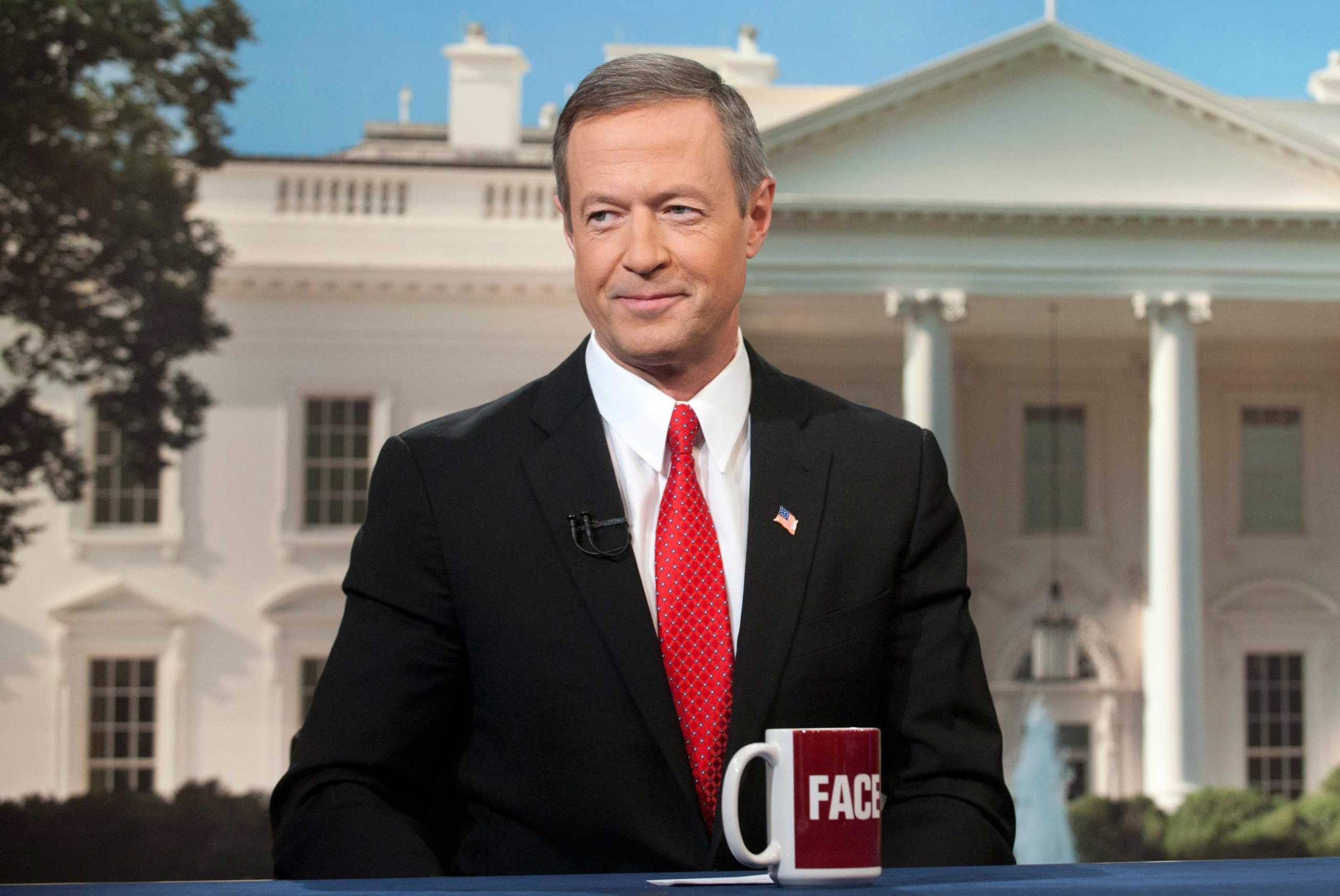
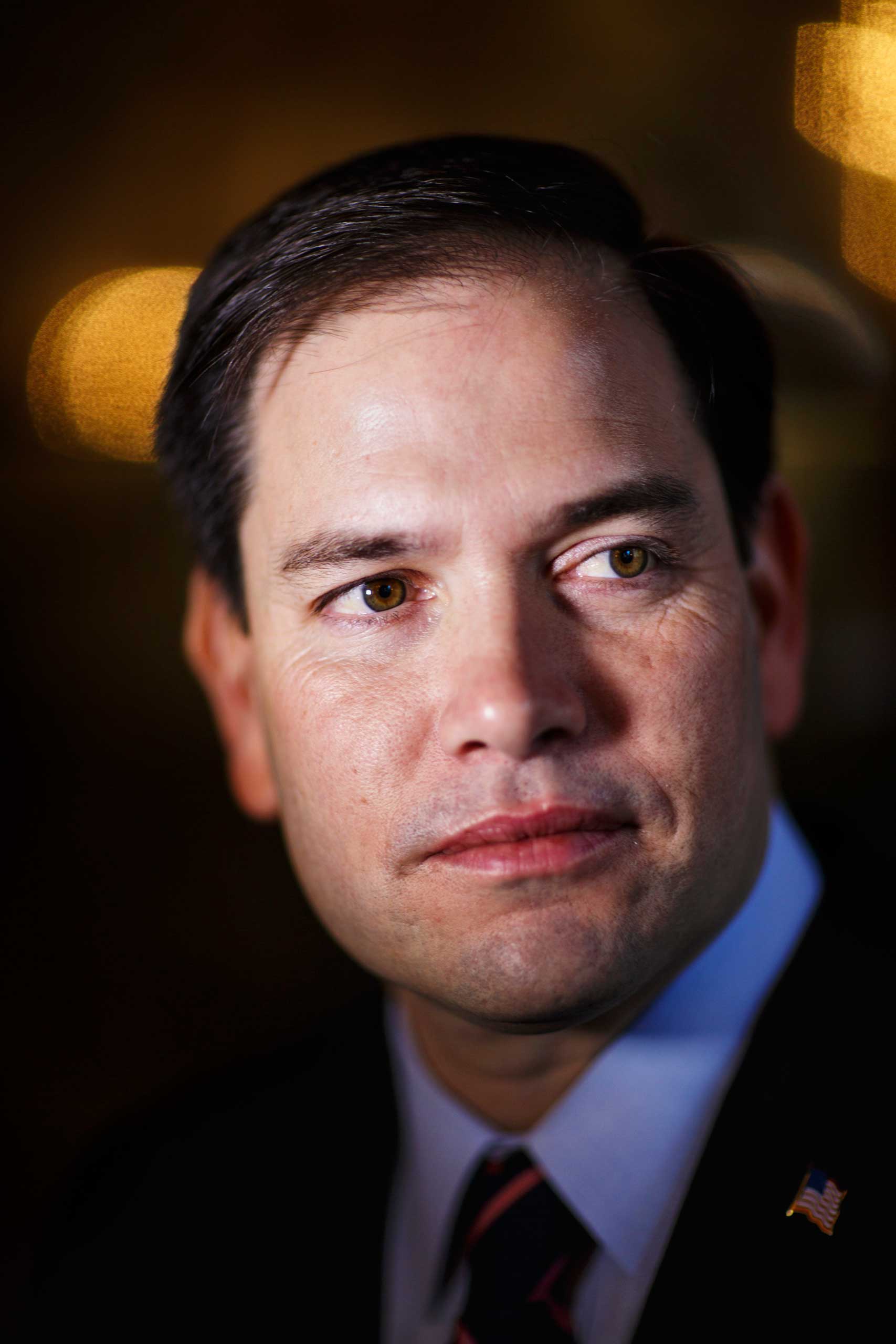
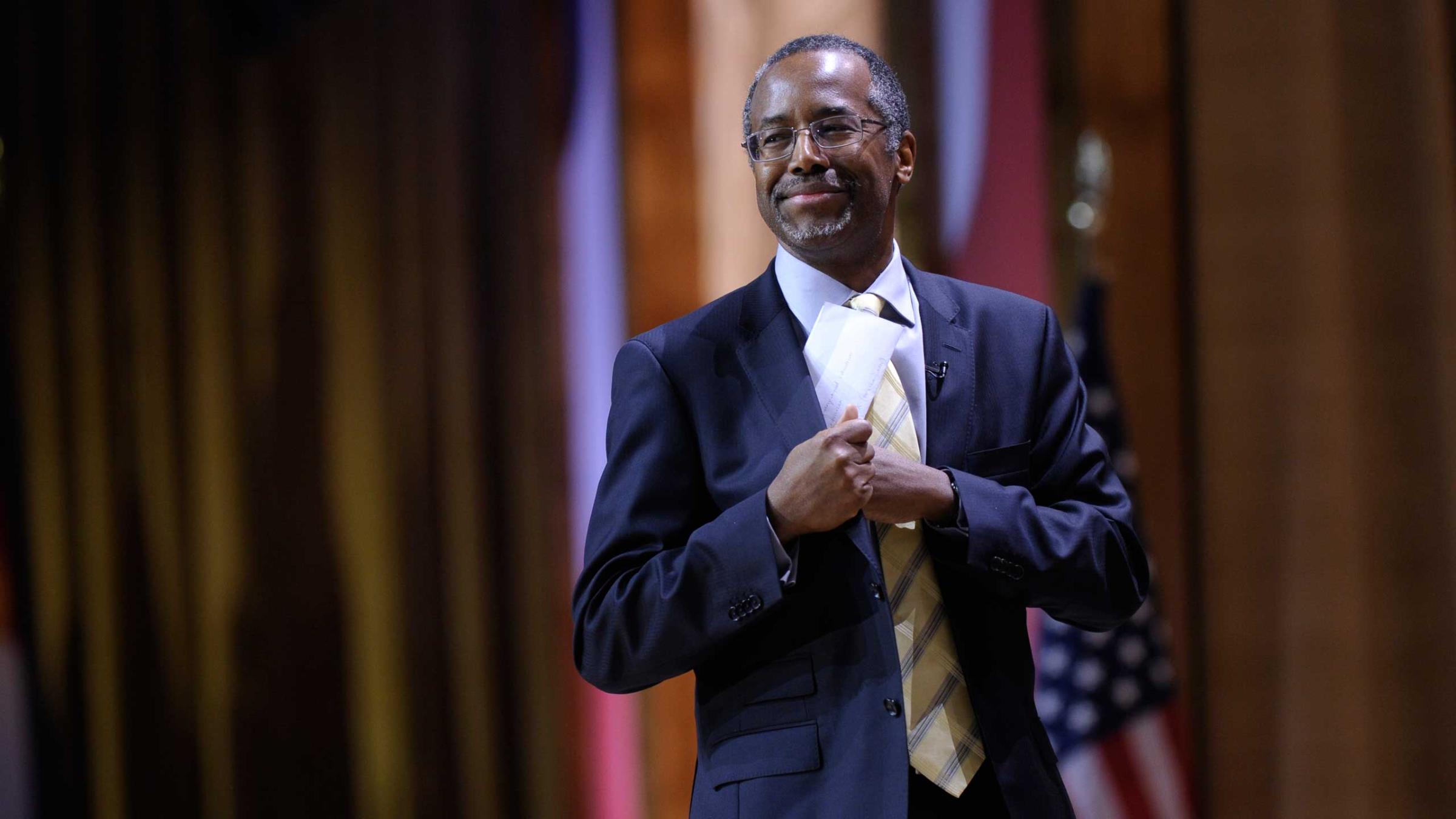
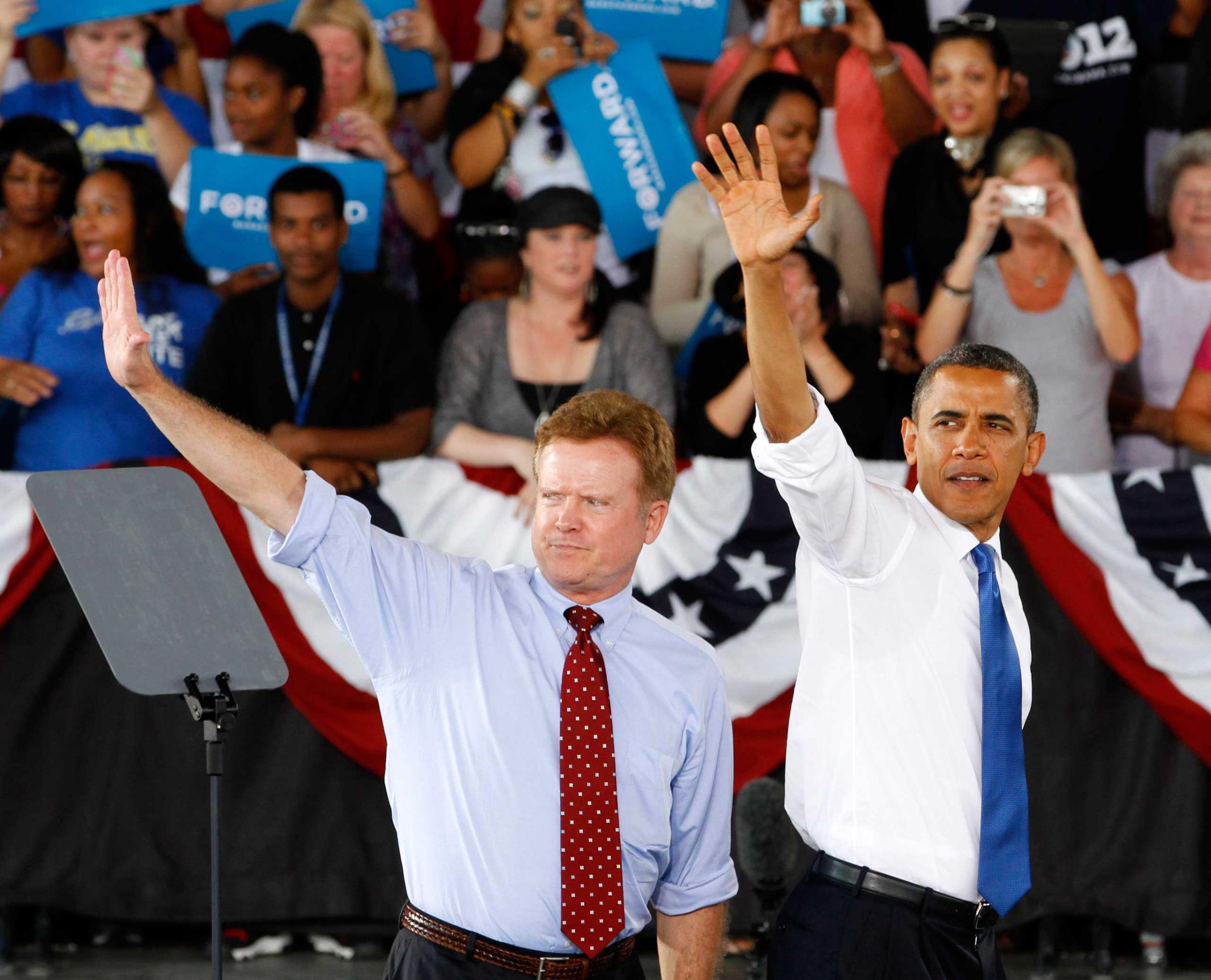
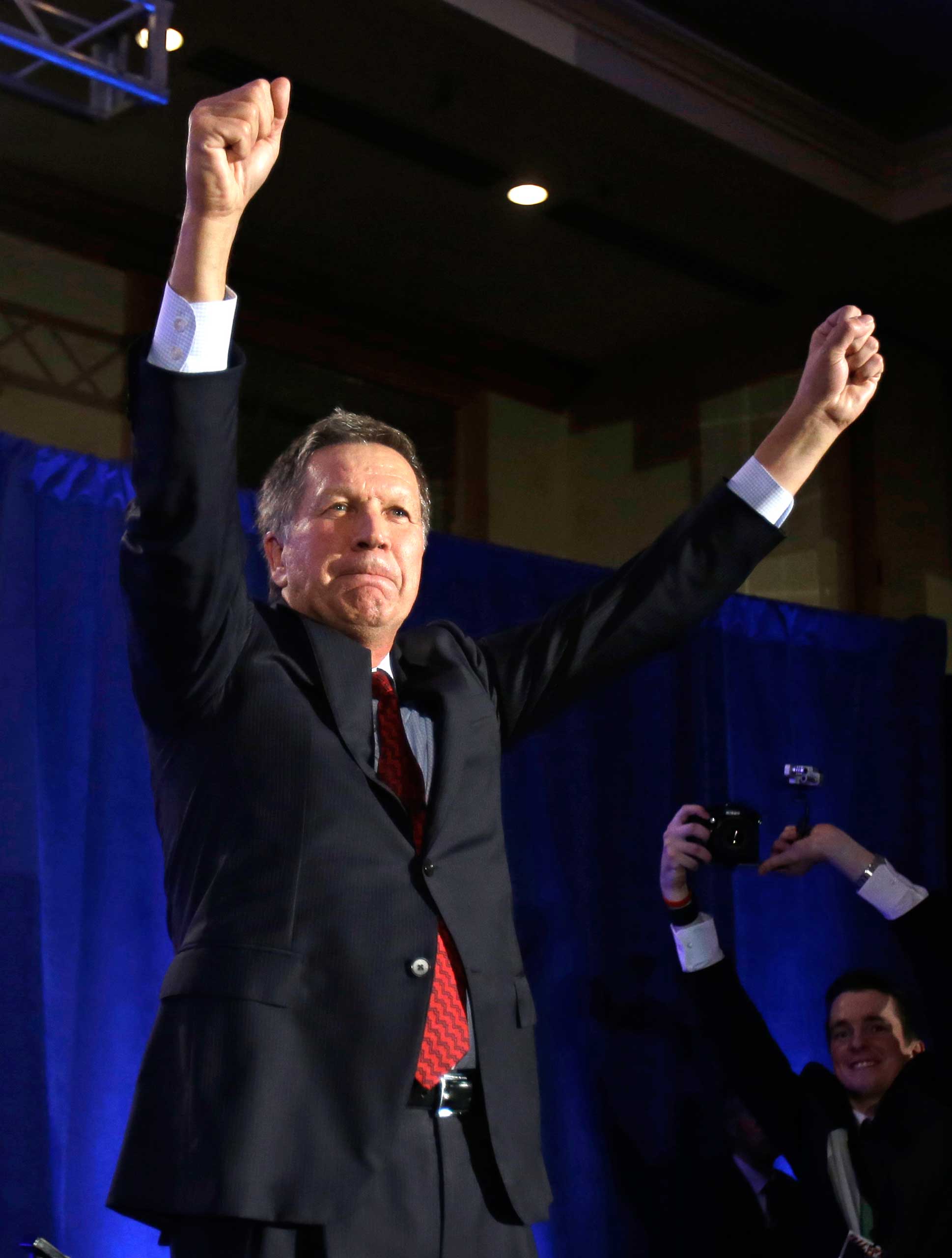
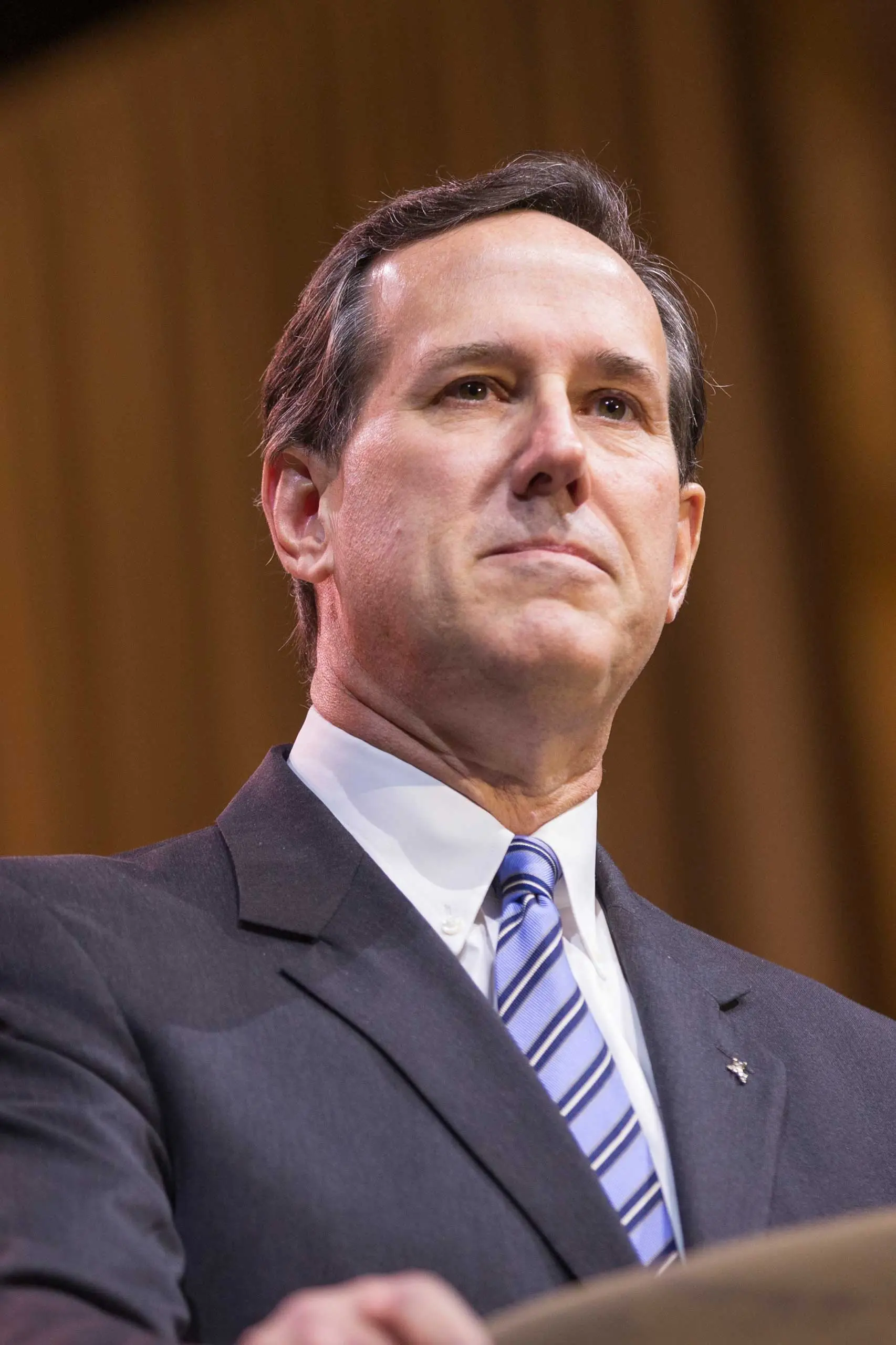
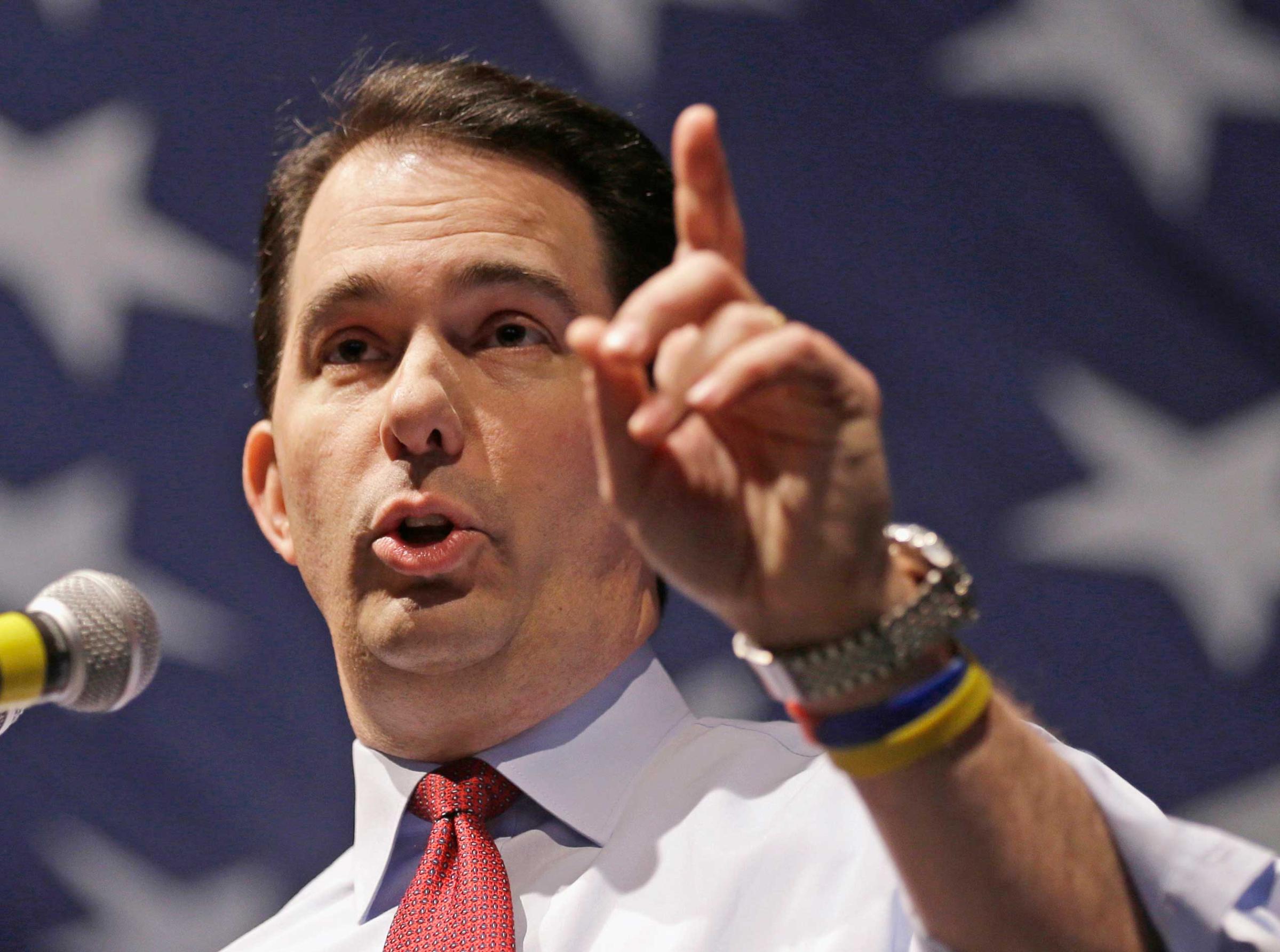

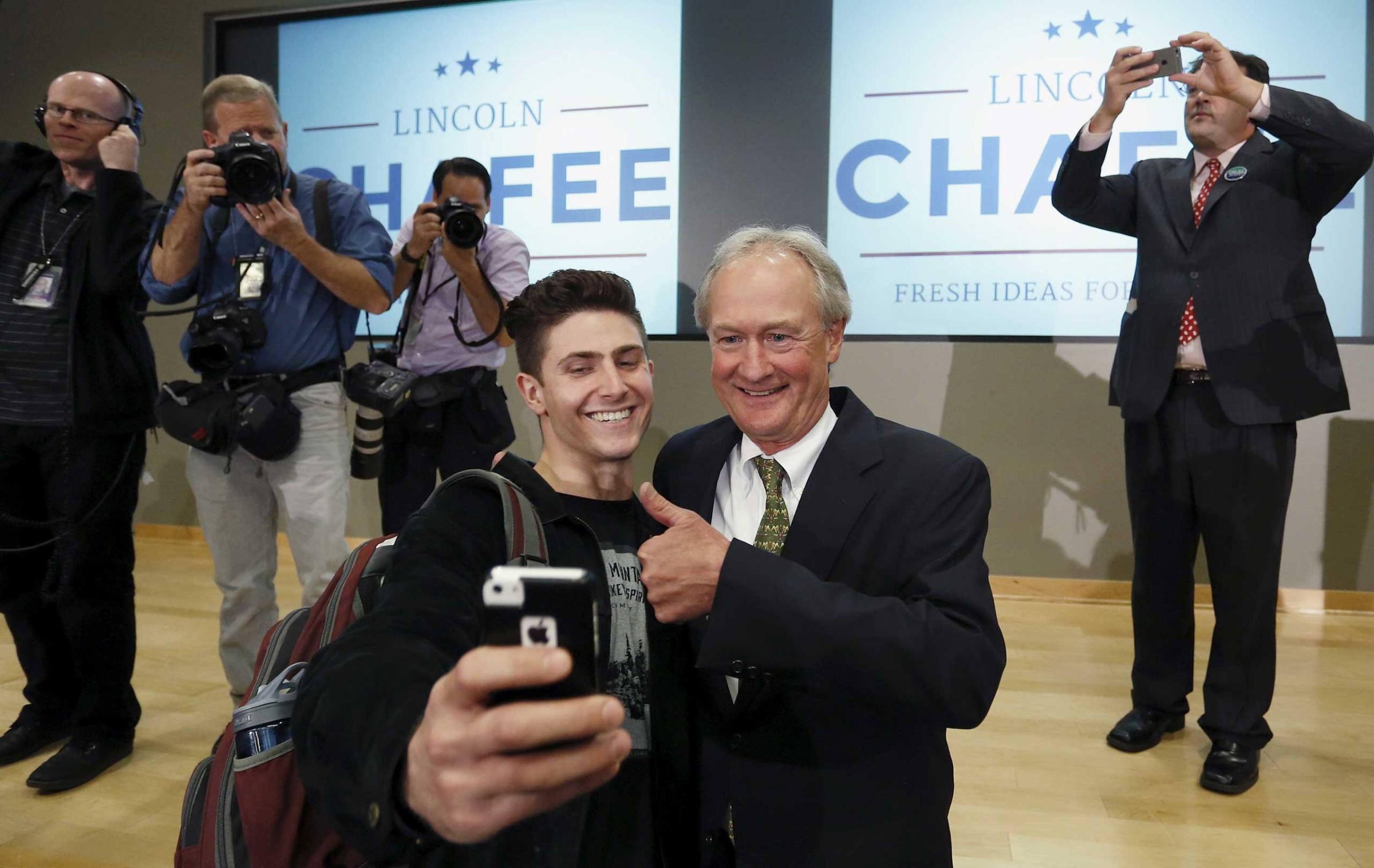
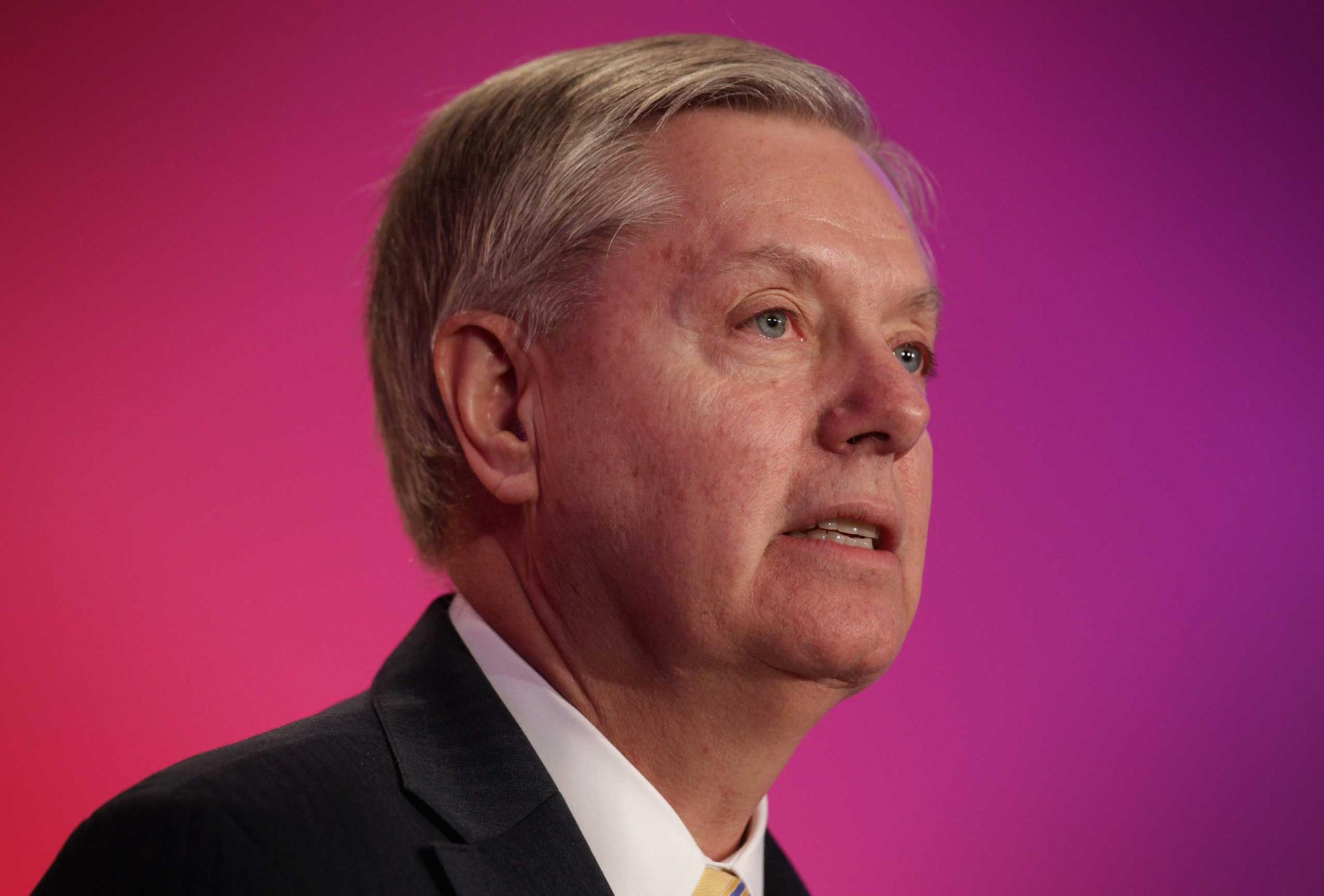
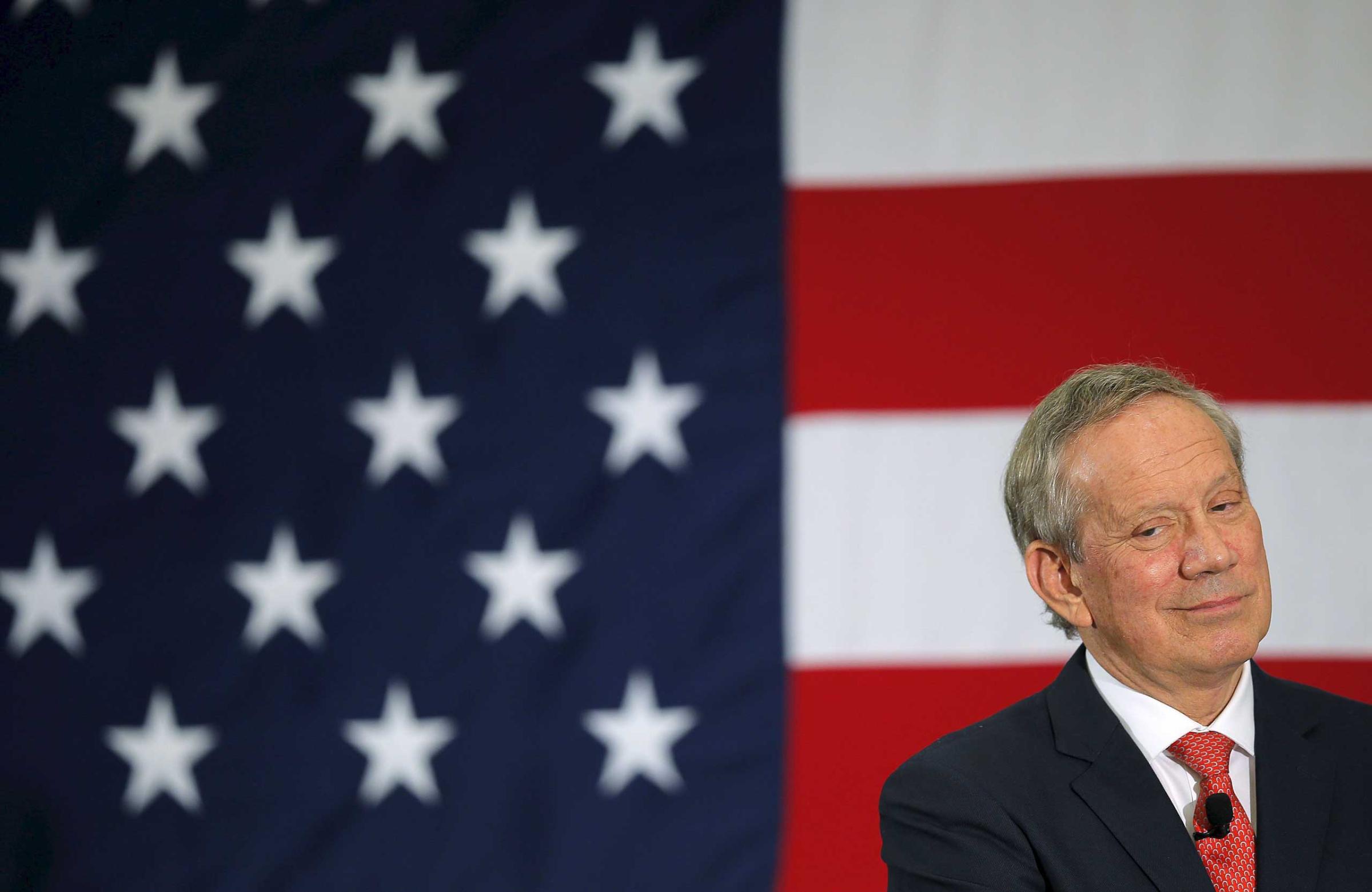
More Must-Reads from TIME
- How Donald Trump Won
- The Best Inventions of 2024
- Why Sleep Is the Key to Living Longer
- Robert Zemeckis Just Wants to Move You
- How to Break 8 Toxic Communication Habits
- Nicola Coughlan Bet on Herself—And Won
- Why Vinegar Is So Good for You
- Meet TIME's Newest Class of Next Generation Leaders
Write to Haley Sweetland Edwards at haley.edwards@time.com